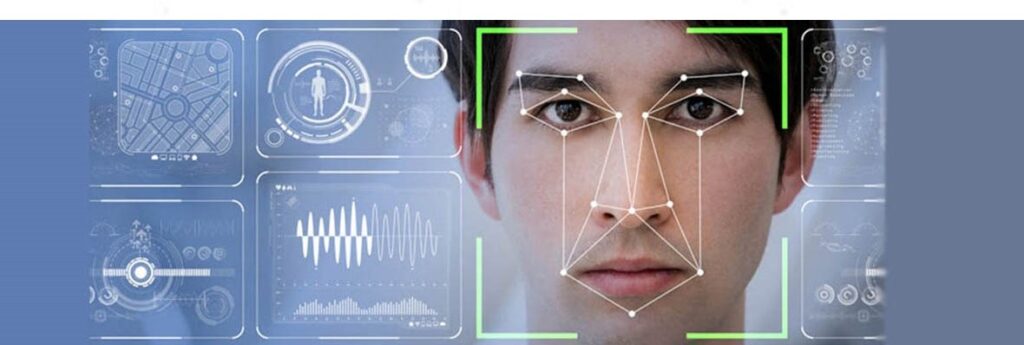Preventing passenger screening technology using automated face matching technology is misguided and dangerous and will only serve to undermine security and disgruntle travellers by creating longer customs line-ups and delays, the US Travel Association is warning.
The USTA declaration came last week in the face of proposed amendment to the US Federal Aviation Administration reauthorization bill that would immediately prevent the Transportation Security Administration (TSA) from using the technology at airport checkpoints, which travellers have the option to select at many of the largest and busiest airports in the US, and which the USTA says flyers widely support.
“Biometric technology is the future of air traveller screening, and it is supported by the travelling public,” said USTA President and CEO Geoff Freeman. “Misguided efforts to place blanket restrictions on facial technology only succeed in harming security, wasting travellers’ time, and costing millions in taxpayer dollars invested in developing state-of-the-art screening technology. Congress will provoke the ire of millions of travellers if it chooses to hinder innovation, slow the travel process and reduce security.”
It would also likely lead to an increase in the use of fake ID’s, says USTA.
The proposed amendment from two senators came as the Commission on Seamless and Secure Travel, joined by leaders of the TSA, Delta Air Lines and US Travel Association, toured innovations at Hartsfield-Jackson Atlanta International Airport on Wednesday.
“Atlanta’s airport is the busiest in the country and thousands of travellers each day choose to use automated identity verification technology for a safer and faster security experience,” Freeman said. “It’s an example of how – if given the choice – travellers will choose safety and efficiency almost every time.”
The amendment would ban or severely restrict TSA from using biometric technology, resulting in longer wait times in security screening checkpoint lines and reducing the layers of security afforded by advanced biometric facial matching programs – such as the CAT-2 machines and TSA PreCheck’s Touchless ID partnerships with Delta Air Lines and United Airlines, said USTA.
Further, millions of dollars would go to waste in US taxpayer-funded programs used to develop and produce biometric screening technology in use at airports today.
Kevin McAleenan, former Acting Secretary of Homeland Security and Commissioner of US Customs and Border Protection stated: “Biometrics are critical to TSA’s mission, bolstering its commitment to security and the customer experience. By leveraging facial recognition and other biometric technologies, TSA has increased security at the checkpoint, enhanced the traveller experience, and improved efficiency thereby focusing more resources on new and emerging threats.”
“I spent a significant portion of my time in Congress on the House Homeland Security Committee focused on strengthening aviation security at airports nationwide,” said former House Homeland Security Committee Ranking Member John Katko. “A vital piece of that effort is the increased use of biometric technology at security checkpoints. Our nation has made vital investments to ensure the safe and efficient screening of passengers using advanced identity verification technology. To abandon biometric technology and the progress we have made would make airports less safe. I strongly oppose this proposal.”
“Senators Merkley and Kennedy should come to Hartsfield-Jackson in Atlanta and let TSA give them a tour,” added Seth Stodder, former Assistant Secretary for Borders, Immigration and Trade Policy, U.S. Department of Homeland Security. “They should see – firsthand – how TSA’s new systems work, and how the travelling public is responding. Spoiler alert: It’s popular. No one is forced to use the new system, but people are volunteering in droves to use it, just like people clamored to sign up for TSA PreCheck.”

